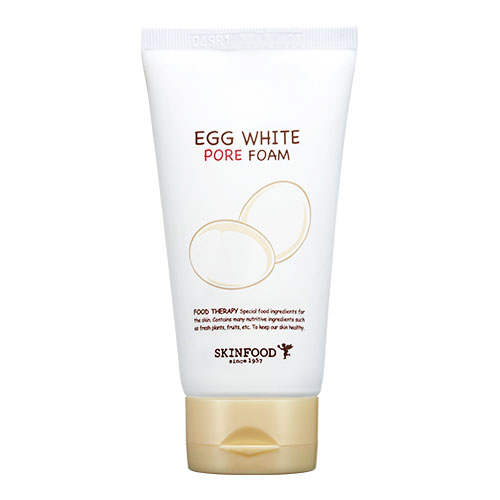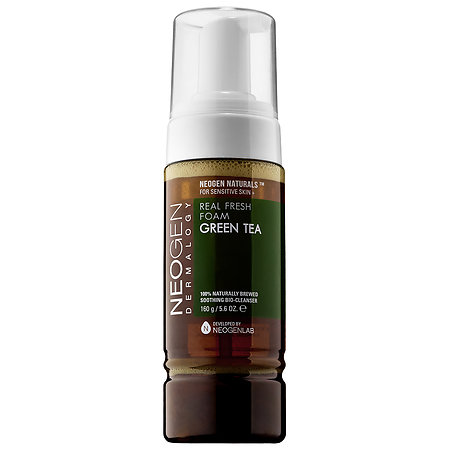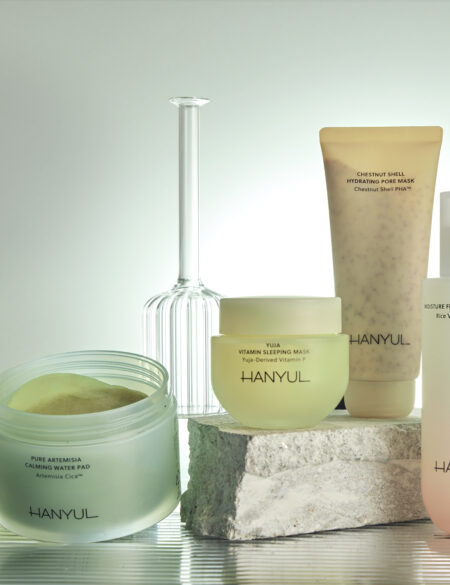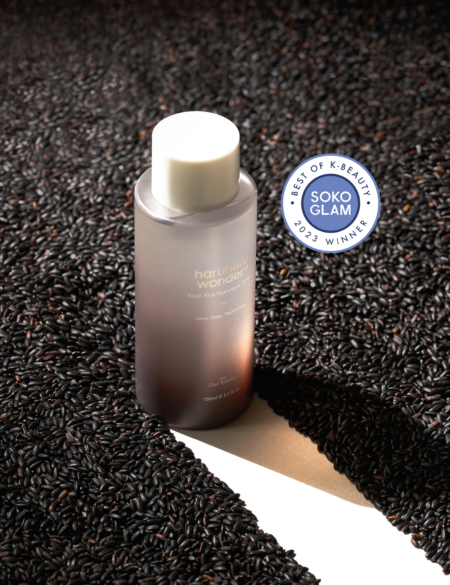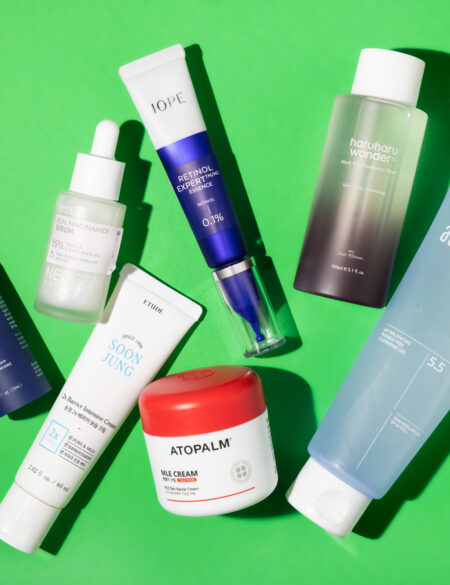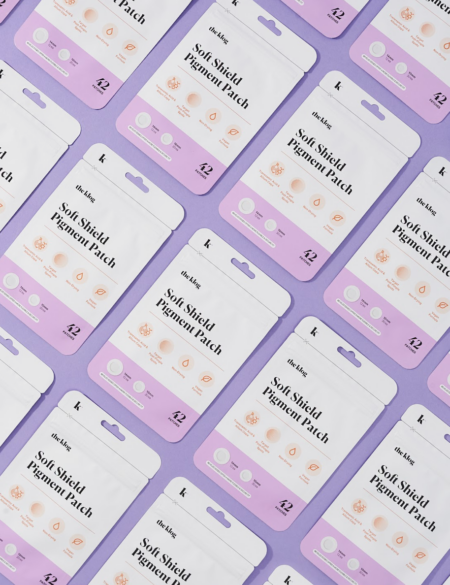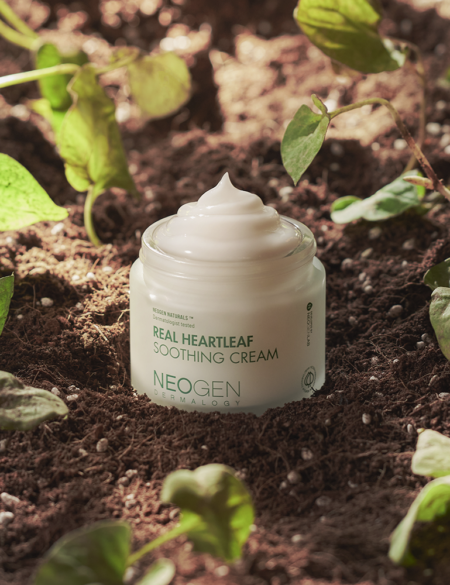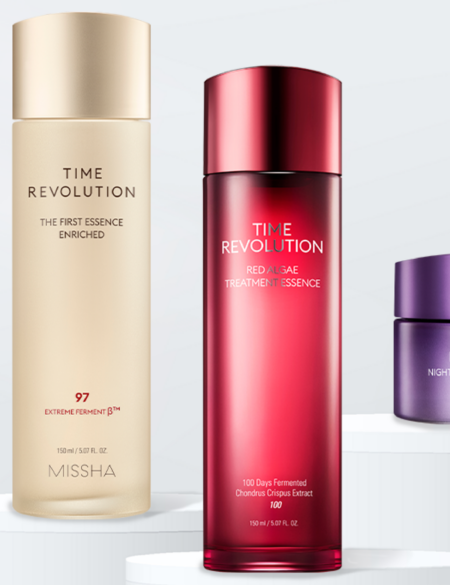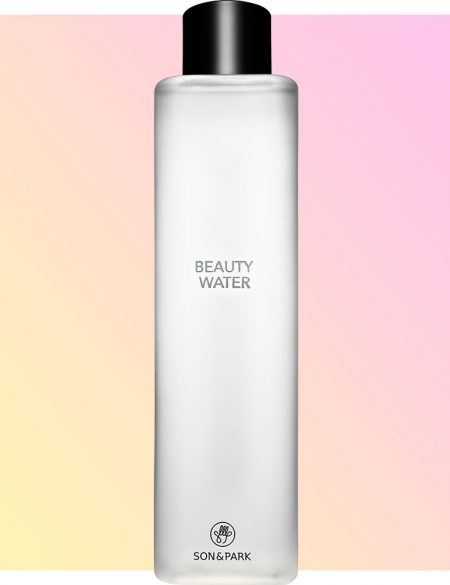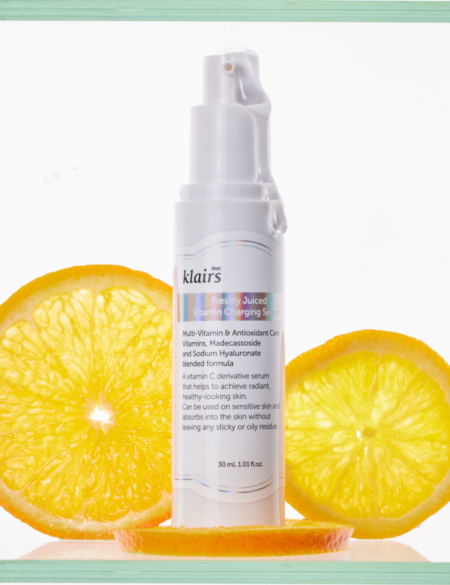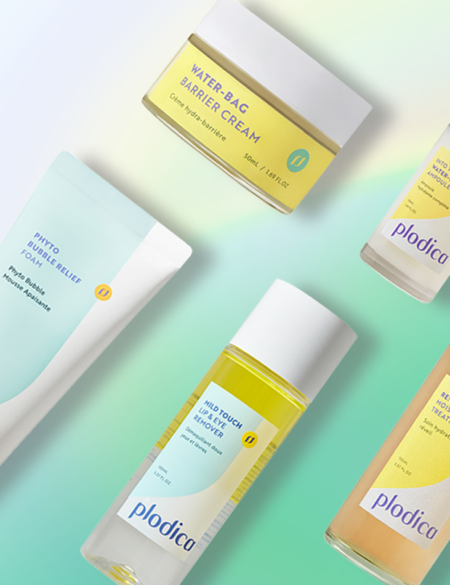How do you figure out your skin type? This is a question we get asked a lot. It’s also a question that almost every dermatologist gets asked. We don’t have the definitive answer, so we decided to reach out to a couple of the most trusted derms in the business and get their detailed answers. Never be confused about your skin type again!
As it turns out, there’s a variety of ways to figure out your skin type. For example, Annie Chiu, a dermatologist in Hermosa Beach, likes to have her patients wash their face in the morning but not use any skin care products for a day and then observe and touch their skin midday. She also tests how their skin reacts to an oil blotting paper in the morning after not using any skin care products at night. Jeremy Fenton, a dermatologist in New York City, diagnoses his patients based on how their skin reacts when they wash it.
These are all valid and great ways to figure out your skin type. Here, we’ll list out the five skin types—normal, oily, dry, combination, and sensitive—and detail the results both of these dermatologists see with their particular tests.
Normal
Fenton says… “You have normal skin if you can wash your face with a typical over-the-counter cleanser (Dove soap, Neutrogena foaming face wash, or Cetaphil) and you sometimes may need a moisturizer, but not always. Maybe you occasionally put on a moisturizer in the winter months, but don’t need one in the summer. You never complain that your face is greasy or too oily, except maybe on a hot and humid summer day, and if so, it’s only oily in the T-zone (on the forehead, chin, and nose).”
Chiu says… “The easiest and cheapest way to figure out your skin type is just to observe or touch your skin. Wash your face in the morning and don’t apply any other products (you may want to apply some SPF if you’re going outside). Around midday, look at yourself in the mirror. If your face looks and feels the same as in the morning (you might have a little T-zone oil), you have normal skin. You can also test for your skin type using a blotting paper. Wash your face and go to bed. Do not apply any skincare products. In the morning blot your T-zone, forehead, under eye, cheeks, and jaw area and look at the blotting paper. If the blotting paper has an average amount of oil in all areas—you have normal skin.”
If you have normal skin, we suggest using the Benton Honest Cleansing Foam to wash your face. It’s for all skin types and it helps fight against pollution damage.
Oily
Fenton says… “You have oily skin if you can wash your face all year long with regular cleansers, such as the ones mentioned above, and never need a moisturizer. During the summer months, you feel like you need to wash your face multiple times a day because it feels ‘greasy’ all over.”
Chiu says… “When you look at your face in the mirror midday after not using any products and your face is shinier or feels oilier than in the morning, and if you have large pores, you have oily skin. Additionally, if the when you use a blotting paper in the morning after waking up and the blotting paper is very oily and drenched from most areas of your skin after you wake up in the morning—you have oily skin.”
If you have oily skin, we suggest using the Skinfood Egg White Pore Foam to wash your face. It’s a deep cleanser that helps remove excess oil.
Dry
Fenton says… “You have dry skin if you use gentle skin cleansers—even something like Cetaphil—and they dry you out. Even when you just use water to wash your face, you still feel like you need moisturizer. All year round, including the humid months in the summer, you feel like you need moisturizer after washing, and your skin feels ‘tight’ after washing.”
Chiu says… “When you look at your face in the mirror midday after not using any products and you see dry patches and your face feels really tight, you have dry skin. And if the blotting paper in the morning after waking up is dry and has very little oil on it, you have dry skin.”
If you have dry skin, we suggest using the Neogen Real Fresh Green Tea Cleansing Stick to wash your face. It’s formulated with 13 natural oils to bring your skin back to normal moisture levels.
Combination
Fenton says… “If your T-zone is often or consistently oily and your cheeks often get dry, you have combination skin. You may need a moisturizer just on your cheeks after washing. Also, you may want to wash only your T-zone with soap and just splash some water on the rest of your face, otherwise your cheeks might get tight.”
Chiu says… “When you look at your face in the mirror midday after not using any products and only your T-zone is shiny or feels oily and your pores are bigger, but the rest of your skin feels tight or dry and your pores are smaller, you have combination skin. And if some of the areas on your face produced lots of oil on the blotting paper but other areas feel tight and don’t stain the paper, you have combination skin.”
If you have combination skin, we suggest washing your face with the Neogen Green Tea Real Fresh Cleansing Stick. It’s gentle enough for your dry areas, but powerful enough to throughly clean the areas with excess oil.
Sensitive
Fenton says… “You have sensitive skin if some products and cleansers—especially those with active ingredients for anti-aging or fragrances—sting when you put them on. People with sensitive skin tend to easily develop some redness (or flushing) to the skin sometimes described as a ‘ruddy’ complexion. Oftentimes, those with sensitive skin also fall into more of the dry category as well. People with sensitive skin should be using gentle skin cleansers and using a bland moisturizing cream with less ingredients and no fragrances. Ceravé is a good brand for sensitive skin. Also, people with sensitive skin will need to avoid or limit their exposure to common anti-aging ingredients, such as retinoids.”
Chiu says… “When you look at your face in the mirror midday after not using any products and you see dry patches, feel tight, or see redness or peeling, you have dry and/or sensitive skin. The blotting paper test should look the same as dry skin if you have sensitive skin.”
If you have sensitive skin, we suggest washing your face with the Cosrx Low pH Good Morning Cleanser. With a low pH of 5, this cleanser is super gentle and won’t irritate highly-reactive skin.
Note: Just because you have some signs of a specific skin type now, that doesn’t mean your skin won’t change over time. “There’s always a lot to pay attention to when it comes to your skin and its characteristics can change over time or with the seasons,” says Chiu. “But if you know your core skin type and its characteristics, you can assume a solid basic regimen.”




